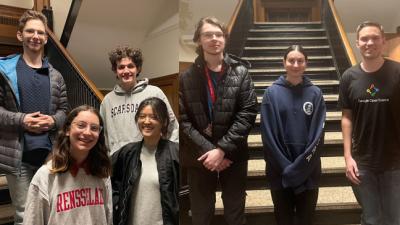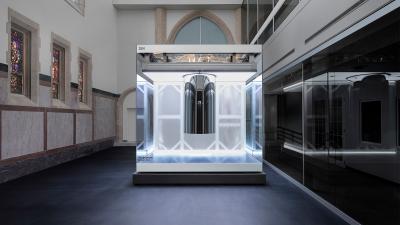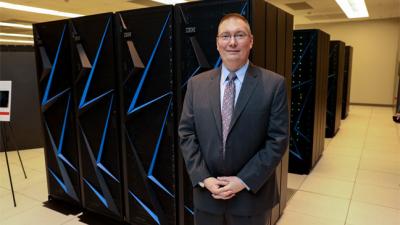Rensselaer Professor Esther Wertz Appointed UPWARDS For the Future Faculty Fellow To Support Semiconductor Education, Workforce Training, and Research
Rensselaer Polytechnic Institute’s Esther Wertz, Ph.D., associate professor in the Department of Physics, Applied Physics, and Astronomy, has been appointed Rensselaer’s faculty fellow of UPWARDS for the Future. UPWARDS stands for the U.S.-Japan University Partnership for Workforce Advancement and Research & Development in Semiconductors. It was established in May 2023 by Micron and Tokyo Electron Limited to “to bring together 11 universities from across the U.S. and Japan to develop leading semiconductor curricula, creating opportunities for cross-collaboration.”






